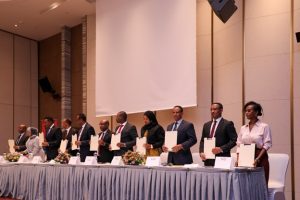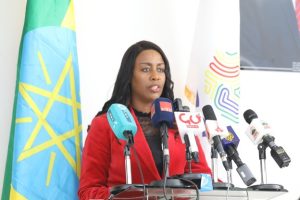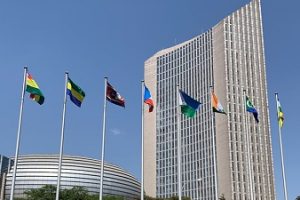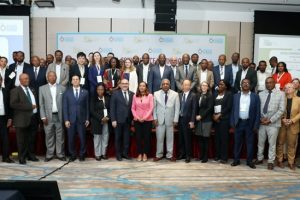It is believed that harnessing one’s indigenous knowledge plays a major role in spurring a given country’s development, resolving conflicts, promoting peace and security, ensuring unity in diversity and furthering harmony. On the other hand, some argue that putting in the center stage indigenous knowledge does not help one’s country to move a step forward other than making the community of a given society distance themselves from upto-the-minute way of life style.
The Ethiopian Herald sat down with a range of scholars with a view to having their reflections on making use of indigenous knowledge. Fikade G/yesus is a Consultant of Strategic Leadership and Management Skills. Pertaining to the issue, he said, “Indigenous knowledge and indigenous leadership play a mammoth role in the development of one’s country without a showdown of a doubt. This knowledge is transmitted down the centuries by communities targeting at dealing with a framework of a certain socio-economic environment.
If truth be told, local or indigenous knowledge is produced through scrutinizing local setting and coming up with ways out every so often. He continued: “More often than not, indigenous knowledge is the foundation for farming, preservation, healthcare, education and quite a lot of other related fruitful activities that maintain a society and its environment.
As there are various traditional conflict resolving mechanisms, putting indigenous knowledge into effect plays a major role in forestalling conflicts in a little while.” Likewise, as the different Nations, Nationalities and Peoples of Ethiopia possess their own ways of resolving conflict mechanisms based on their cultures, traditions and norms, they can use indigenous knowledge for a wide spectrum of development activities as well. To cut a long history short, indigenous knowledge is instrumental in the development activities of a country. Zerfenesh Agezew is a Business and Management Consultant apart from working as instructress in different colleges and universities.
According to her, “A leader is a person who has many followers. There are primary factors of leadership: leader, followers, communication and context/ situation. In fact, indigenous people do not get off the four major factors of leadership tracks. They lead their people discharging responsibilities making use of indigenous knowledge.
They as well are responsible to lead their people responsibly so that they can take their country to the helm of success by strengthening the social fabric of the people and giving the cold shoulder for other unnecessary things. She added: “The different types of leadership styles consist of autocratic or authoritarian, participative or democratic and laissez-faire. In the first type of leadership style Individuals possess unconditional decision-making power.
Actually, pronouncements are made making use of guiding principles, measures and other related aspects apart from generating contribution from their own members. The second type of leadership styles fit participative decision-making into place in addition to authorizing workers to have a firm hand in running institutes. And the last one is team up with leaving employees to their own devices. She concluded by saying indigenous people need to have knowledge, skill, and attitude and become role models for others. Honestly speaking, indigenous knowledge solve problems, develop the country, promote peace, and ensure unity, among others.
Hence we have to learn to effectively utilize it. Gelawdious Alelegne is a psychologist by profession. He said, “The benefit we secure out of indigenous knowledge is not that controversial given that one can take the country to the pinnacle of success with no trouble using this knowledge. It is common that whenever conflicts arises in some parts of the country pertinent bodies resolve them making use of traditional conflict-solving mechanisms without difficulty.
He went on to say, “As to me, focusing on modern leadership and management methods does not fully help the country and fellow citizens to harvest the fruit of success as expected. But by using ingenious knowledge we can produce quite a lot of productive citizens who fully believe in unity. On the other hand, I would say using modern knowledge could pose a lot of disadvantages. ” He kept on saying, “If you take as an example, once conflicts had arose in Arbaminch in connection with a certain problem. The next day, early in the morning, with a feeling of vengeance all and sundry headed straight to a certain bank. After the elderly took council together regarding what was going on there, they knelt down holding wet grasses according to the tradition of the area.
This time, youngsters distanced themselves from their actions almost immediately. ” “We can throw out the unnecessary things out of indigenous knowledge like early marriage, girls circumcision, among others. Therefore fully concentrating on indigenous knowledge help us harvest the fruit of success within the shortest time possible,” he wrapped up.
The Ethiopian Herald March 17, 2019
BY ADDISALEM MULAT





